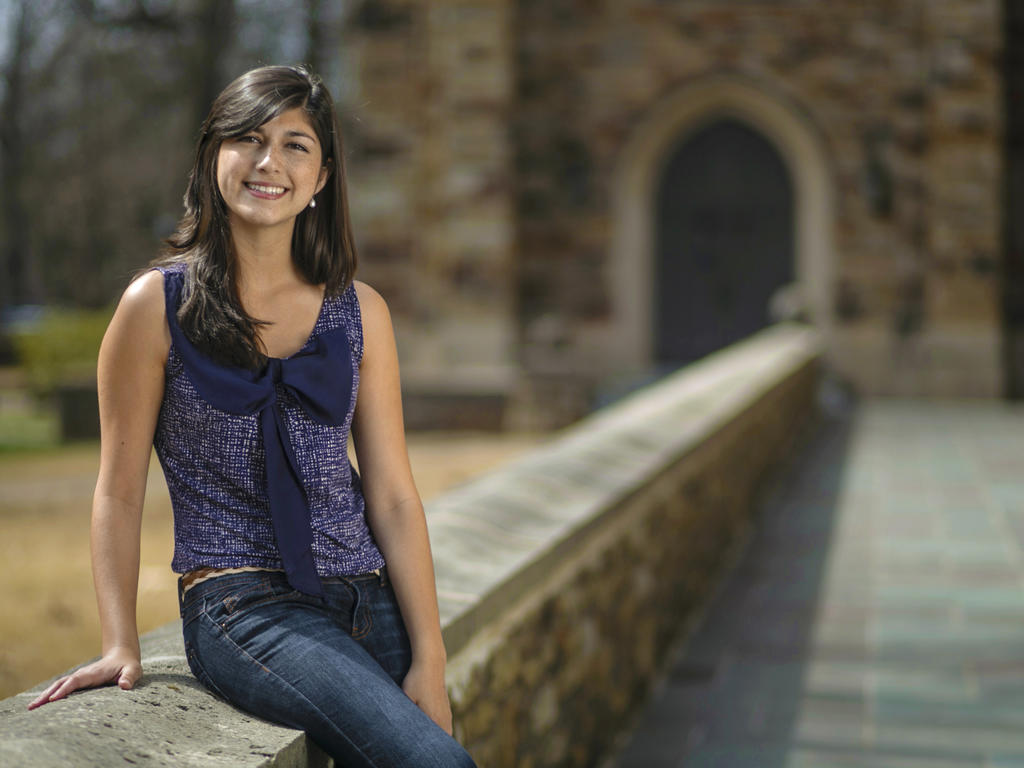By Shelley Choudhury ’15
New York Times
As money tightens, the humanities may increasingly return to being what they were at the beginning of the last century, when only a minuscule portion of the population attended college: namely, the province of the wealthy.
“In Tough Times, the Humanities Must Justify Their Worth”
--Patricia Cohen
In a 2013 survey conducted for the Association of American Colleges and Universities (AACU), 93 percent of employers agreed that “a demonstrated capacity to think critically, communicate clearly, and solve complex problems is more important than [a candidate’s] undergraduate major.”
At Rhodes, a thorough and well-rounded education involves extensive work in the humanities—even for neuroscience majors like me—that produces students with just those qualities.
Now, numbers can be scary. I distinctly remember feeling a catch in my chest when I first glanced at the five-digit number representing private college tuition. I am from a middle-class background; I live in the suburbs. My parents did not set aside $200,000 for four years of college. However, in the true nature of a future liberal arts-educated individual, I decided to set aside assumptions and investigate before I dismissed my dream.
I soon discovered that most liberal arts students are not dealing with such extreme college bills; in fact, after a combination of need- and merit-based aid, the average Rhodes student pays roughly half of the advertised cost. Furthermore, Rhodes commits almost $40 million in student grants and scholarships. Many of my fellow students have expressed that attending Rhodes was ultimately a more cost-effective alternative to several public universities. My story is not rare—it is the norm, dispelling the misconception that only the wealthiest individuals have access to a liberal arts education.
Though I am certainly no economics expert, it seems to me the claim that the humanities are not worth their cost only considers short-term gains. The humanities, contrary to popular belief, do lead to employment; more importantly, they prepare students to excel regardless of the field. The AACU reports that those majoring in the humanities actually earn an average of $2,000 more annually during peak earning years than graduates with professional degrees. In fact, a study of mid-career salaries for graduates of liberal arts colleges, released in September by PayScale, listed Rhodes as number 25 on the list of top-earners.
The New York Times article from which Cohen’s quote is taken implies that writing, self-expression, and critical-analysis skills acquired from a liberal arts education are valued less than specific skill sets learned at other institutions. Rather than teaching one specific skill set, which may or may not become irrelevant within a decade, the humanities require students to analyze situations, analyze people, analyze potential problems, and then ask the questions necessary to formulate solutions. The humanities teach lifelong learning, which encourages students to be malleable. The world is unpredictable, so education should teach flexibility and endurance in addition to the writing and critical-thinking skills that are fundamental to tangible success in the job market.
Furthermore, the humanities foster passion. The great leaders, inventors, and entrepreneurs of the world share passion as common ground. The humanities show us how to mold passion into meaningful action. My passion is medicine, and one day I would like to practice as a physician. After four years of a liberal arts education, I plan to enter medical school knowing more than biology and chemistry. Instead, I will enter with a wealth of knowledge spanning disciplines.
I have a better understanding of health care disparities and the importance of practicing solidarity from my Social Health, Faith, and Justice class. I have practice in viewing and appreciating differing perspectives from my first-year religious studies classes. I have knowledge about the neuroscience of stress and, furthermore, how stress affects healing in both mental and physical dimensions, from a psychology class. I have experience analyzing complex texts and writing persuasively from my English class. I have acquired a critical eye for generalized research claims from my neuroscience research experience. I have an understanding of the ways in which religious institutions shape health care from my religious studies internship. Finally, I know how to build community among my colleagues from my experience in Rhodes Singers.
I firmly believe all of these aspects of my education will contribute to my betterment as a physician. The simple truth is that the humanities equate to understanding, which is vastly underrated in society. An education immersed in the humanities will ensure that students excel in their chosen profession, while also demonstrating the mental capacity and understanding to face the world with open hearts, open minds, and a future full of possibilities.
Shelley Choudhury ’15, a Mount Juliet, TN, native, serves as president of the Rhodes Student Government, majors in neuroscience, is a Rhodes Diplomat, and a member of Alpha Omicron Pi sorority—among many other activities. For more on Shelley, go here.
